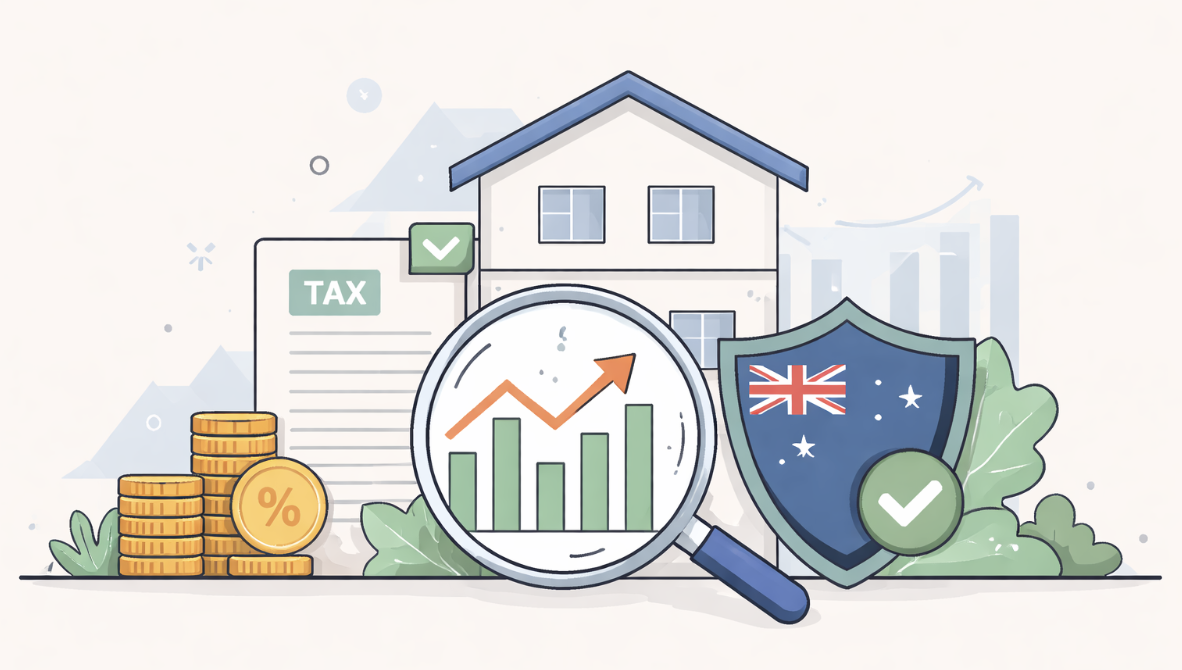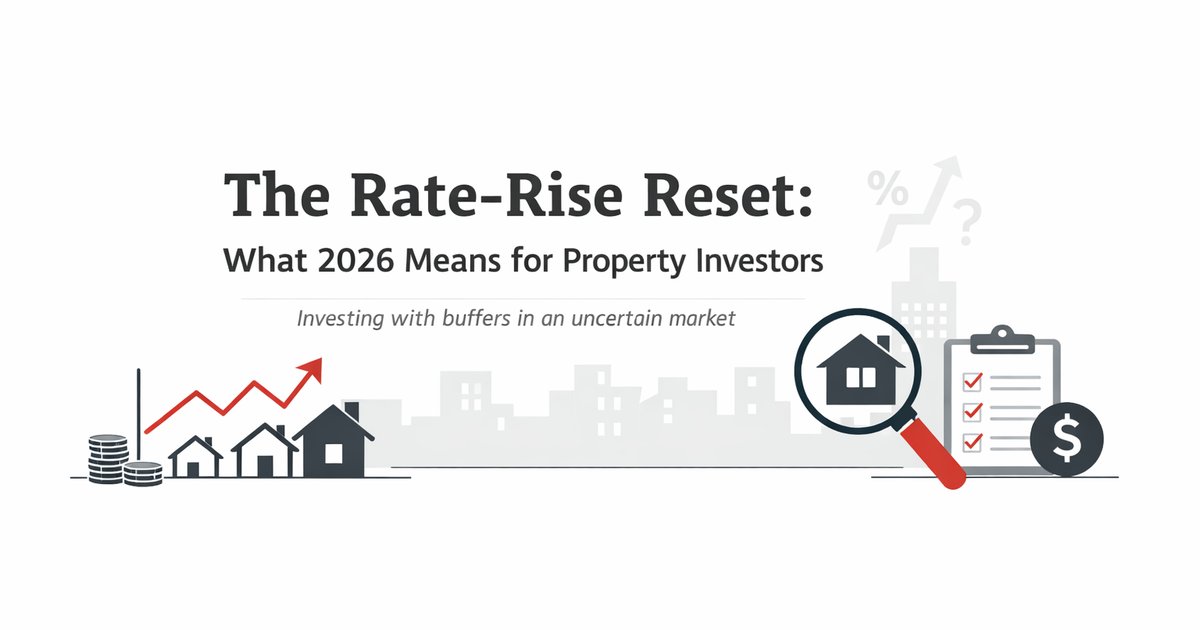Lenders Mortgage Insurance (LMI) is a type of insurance that protects the lender if a borrower defaults on a home loan. Typically required for borrowers with less than a 20% deposit, LMI enables individuals to secure a loan with a smaller deposit, thus facilitating earlier homeownership. However, the cost of LMI can be substantial, making it crucial for potential homeowners to assess its cost-effectiveness. Evaluating whether LMI is worth the expense involves understanding its impact on loan affordability and exploring potential alternatives. This guide aims to help you make an informed decision about LMI.
Understanding Lenders Mortgage Insurance
What is Lenders Mortgage Insurance?
Lenders Mortgage Insurance (LMI) is an insurance policy that protects lenders against the risk of a borrower defaulting on a home loan. It is typically required when the borrower has a deposit of less than 20% of the property’s value. The purpose of LMI is to mitigate the lender’s risk, allowing borrowers to secure loans with smaller deposits.
How LMI Works
The process of obtaining LMI involves the lender arranging the insurance on behalf of the borrower, who then pays the premium either as a lump sum or capitalized into the loan amount. While LMI primarily benefits the lenders by reducing their financial risk, it also indirectly benefits borrowers by enabling them to enter the property market sooner, even with a lower deposit.
Evaluating the Cost of LMI
Calculating the Cost
The cost of Lenders Mortgage Insurance (LMI) is influenced by several factors, including the loan amount, the size of the deposit, and the lender’s insurance provider. Generally, the higher the loan amount and the smaller the deposit, the higher the LMI premium. To give an example, for a $500,000 loan with a 10% deposit, the LMI premium could range from $8,000 to $15,000, depending on the lender and insurer.
Impact on Loan Affordability
LMI can significantly affect your monthly loan repayments. If the LMI premium is added to the loan amount, it increases the overall loan balance, leading to higher monthly payments. For instance, adding a $10,000 LMI premium to your loan could increase your monthly repayment by approximately $50 to $100, depending on your interest rate and loan term. When evaluating LMI, it’s important to compare its cost with other potential expenses, such as waiting to save a larger deposit or seeking financial assistance from family. This comparison helps in making a more informed decision regarding its affordability and overall impact on your finances.
Alternatives to LMI
Saving a Larger Deposit
- Benefits of waiting to save more: By saving a larger deposit, you can avoid the cost of Lenders Mortgage Insurance (LMI), reduce your loan amount, and lower your monthly repayments. A larger deposit also makes you a more attractive borrower to lenders, potentially securing better interest rates.
- Potential downsides of delaying your purchase: Waiting to save more can delay your entry into the property market, which might lead to higher property prices in the future. Additionally, the opportunity cost of not investing sooner can impact long-term financial growth.
Family Assistance
- Using a guarantor: A guarantor, usually a close family member, can help you avoid LMI by guaranteeing part or all of your loan. This reduces the lender’s risk and allows you to secure a loan with a smaller deposit.
- Gifts and loans from family members: Receiving financial assistance in the form of gifts or loans from family members can help you increase your deposit size, thereby avoiding the need for LMI and improving your loan terms. It’s important to formalize these arrangements to avoid potential legal and financial issues.
Making an Informed Decision
Assessing Your Financial Situation
- Analyzing your current finances: Review your income, savings, debts, and expenses to understand your financial health. This helps determine if you can afford LMI or if you need to explore alternatives.
- Future financial expectations: Consider your long-term financial goals and potential changes in income or expenses. This ensures that you make a decision aligned with your financial future.
Considering Market Conditions
- How the property market affects LMI decisions: Market trends, interest rates, and property values can influence the cost and necessity of LMI. In a rising market, buying sooner with LMI might be advantageous, while in a stable or declining market, waiting to save a larger deposit could be beneficial.
- Long-term investment perspectives: Evaluate the potential for property appreciation and rental income over time. This long-term view can help you decide whether the upfront cost of LMI is justified by future gains.
Lenders Mortgage Insurance (LMI) can be a valuable tool for entering the property market with a smaller deposit, offering benefits like capital growth and rental income. However, it also brings significant costs and impacts loan affordability. Weighing the cost of LMI against potential alternatives, such as saving a larger deposit or seeking family assistance, is crucial. Assess your financial situation and market conditions to make an informed decision.
Visit AbodeFinder to explore how these factors can influence your decision on Lenders Mortgage Insurance. Stay informed and make the best investment choices for your future.













